39 kinesthetic learners at play
Chapter 10 Study Set Flashcards | Quizlet Terms in this set (25) T/F: Vygotsky states that meaning is derived from a social and cultural context. True. T/F: Hands-on activities support tactile-kinesthetic learners. True. T/F: Gardner identified nine different types of intelligences. True. T/F: When fostering play, teachers should concentrate on the process of teaching. False. How To Learn Effectively With Kinesthetic Learning Style The next trick for kinesthetic learning styles is to move. Walk around while you memorize, process new information, or try to solve problems. I like to pace when I'm on a phone call or walk the dog when I'm having some writer's block. This helps get the blood pumping and helps keep me alert and creative. 3.
Engage Kinesthetic Learners With a Multisensory Approach - n2y L 3 Skills lets students play with a purpose with game-based learning across all content areas. ... Kinesthetic learners comprise a small percentage of students in most classrooms relative to visual, auditory and verbal learners. Yet, all students benefit from hands-on interaction with new information. Children are eager to learn by doing—it ...

Kinesthetic learners at play
The kinesthetic learner: strengths, strategies, learning activities Encourage pretend play, dance , yoga, and other physical forms of exercise and relaxation. Help them engage in imaginary play or put on a performance. Conduct science experiments. Visit the beach or a sandbox. Go on nature walks. Buy blocks, puzzles, tumble mats, and balls for them to play with. Designate a space in your home where tumbling ... Strategies & Educational Activities for Kinesthetic Learners Characteristics of kinesthetic learners, tools, & educational activities to support hands-on learners. Activities for math, literacy, and social-emotional learning. ... You can play the included games, but you can also have kids hop from letter to letter - naming the letter or spelling out sight words! It's a versatile way to engage children. Kinesthetic Learning Style: Traits and Study Strategies - ThoughtCo Plus, as a kinesthetic learner, you need a physical outlet for your excess energy, even when you have to study. Utilize Small Movements. It's not always possible to stand up and and do high knees during a study session, but you can still use kinesthetic study strategies to keep yourself engaged. Bounce a tennis ball against the floor and catch ...
Kinesthetic learners at play. Definition of Kinesthetic Learning - University of the Potomac The kinesthetic style links the learning process to physical activity. The body movements that help kinesthetic learners process information include pacing back and forth, drawing flowcharts, and underlining notes while tapping their legs. Hence, kinesthetic learning is also referred to as 'tactile,' 'hands-on,' or 'physical' learning. 5 Kinesthetic Learner Characteristics and How They Learn Best You must play the game to learn it properly. This is nothing but a type of kinesthetic learning. Kinesthetic Learner Characteristics. Kinesthetic learners, as the name suggests, are people who learn best when they perform some relevant actions. [3] As such, a classroom lecture may not be well suited for them. Kinesthetic Learner - Learning Styles #3 - Ultimate Music Theory A Kinesthetic Learner will enjoy playing the Pentascale at different pitches on the keyboard (high or low) AND using different articulation (staccato or legato). Once the student has explored HOW to write and play the C Major Pentascale, repeat with G Major and then F Major. What Is A Kinesthetic Learner? - BAU Kinesthetic learning is a style of learning through which students are physically interacting with the material. Therefore, this style shares many beneficial elements frequently observed in active learning. Some of the many benefits of kinesthetic learning include the development of various skills, knowledge, and critical thinking.
A Look at Kinesthetic Learners and Methods - ThoughtCo A Look at Kinesthetic Learners: Kinesthetic learners typically learn best by doing. They are naturally good at physical activities like sports and dance. They enjoy learning through hands-on methods. They typically like how-to guides and action-adventure stories. They might pace while on the phone or take breaks from studying to get up and move ... What's their learning style? Part 2: Kinesthetic learners Kinesthetic learners learn best by being hands on and "learning by doing.". "Tell me and I forget, teach me and I may remember, involve me and I learn.". This famous quote by Benjamin Franklin could be the motto for the kinesthetic learner. We retain 10 percent of what we see, 30-40 percent of what we see and hear, and 90 percent of ... 5 Fun ESL Games For Engaging Kinesthetic Learners ESL Games Kinesthetic Learners Will Love. 1. Jeopardy. Jeopardy is a class favourite and for good reason. It encourages teamwork, critical thinking, and gives students an excellent chance to practice their speaking skills. The game requires little setup on your side and is a great way to review different topics that you have been teaching in ... Kinesthetic Learning: Benefits and How To Partake in It Kinesthetic learning, which some people call tactile learning or physical learning, is a style of processing information through touch and movement. Participating in on-the-job training, building simulations and performing experiments are all forms of kinesthetic learning. ... For example, new customer service representatives may role-play ...
20 Activities for Kinesthetic Learning (+ FREE Downloads) Kinesthetic activities (also known as hands-on activities) are fantastic for teaching reading and spelling.The term kinesthetic refers to touching, doing, experiencing, or being physically active. The kinesthetic pathway is one of the three main pathways to the brain. When children are taught using all three pathways to the brain, they learn even more than when they are taught through just one ... Helping Kinesthetic Learners Thrive While Learning Online The best way to include kinesthetic learners while teaching virtually is through creating real-life assignments. They learn best when they have an emotional connection to the subject or work at hand. Teachers could have the students create an interactive video to demonstrate what they have learned about the subject matter. 11 Kinesthetic Learning Strategies for Career Development Kinesthetic learning strategies. Many classrooms and work environments aren't ideal for kinesthetic learners. As a kinesthetic learner, you likely struggle to grasp new job functions or sit still in meetings. Whether you're finding it challenging to retain information or stay focused at work, you might be able to benefit from the following: 1. 100 Hands-On Activities for Tactile Learners Dominoes are an excellent hands-on math material. Children can count dots and add sums or stack the dominoes and watch them fall. Finger Knitting is a fun hobby for older tactile learners. Use yarn or fabric loops to make gifts and keep hands busy. Floam brings back lots of childhood memories for me!
Kinesthetic Learner: Characteristics, Learning Strategies, & Activities Kinesthetic learners also learn best by adding a physical activity, like walking, bouncing, or fidgeting, to their study time. ... Role play. The power of a child's imagination can give a sizeable boost to recall and engagement when they get a chance to physically act out events in history, stories, or discoveries. ...
Kinesthetic Learning Style: Traits and Study Strategies - ThoughtCo Plus, as a kinesthetic learner, you need a physical outlet for your excess energy, even when you have to study. Utilize Small Movements. It's not always possible to stand up and and do high knees during a study session, but you can still use kinesthetic study strategies to keep yourself engaged. Bounce a tennis ball against the floor and catch ...
Strategies & Educational Activities for Kinesthetic Learners Characteristics of kinesthetic learners, tools, & educational activities to support hands-on learners. Activities for math, literacy, and social-emotional learning. ... You can play the included games, but you can also have kids hop from letter to letter - naming the letter or spelling out sight words! It's a versatile way to engage children.
The kinesthetic learner: strengths, strategies, learning activities Encourage pretend play, dance , yoga, and other physical forms of exercise and relaxation. Help them engage in imaginary play or put on a performance. Conduct science experiments. Visit the beach or a sandbox. Go on nature walks. Buy blocks, puzzles, tumble mats, and balls for them to play with. Designate a space in your home where tumbling ...
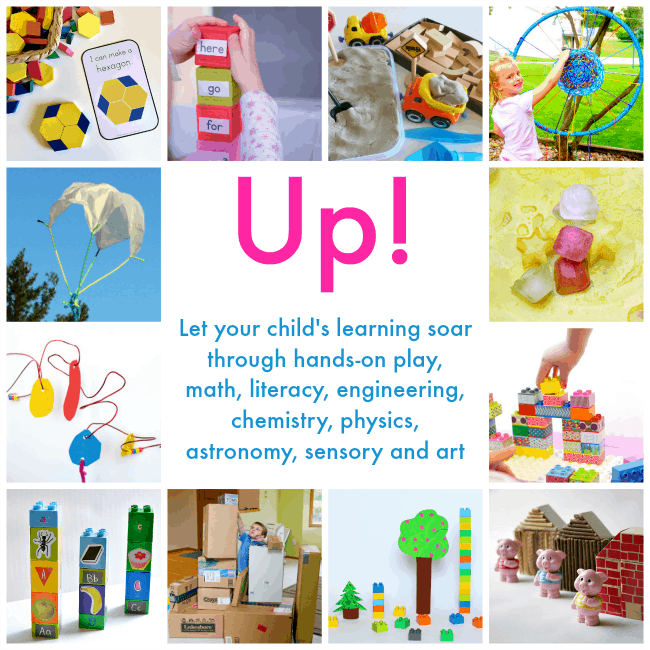
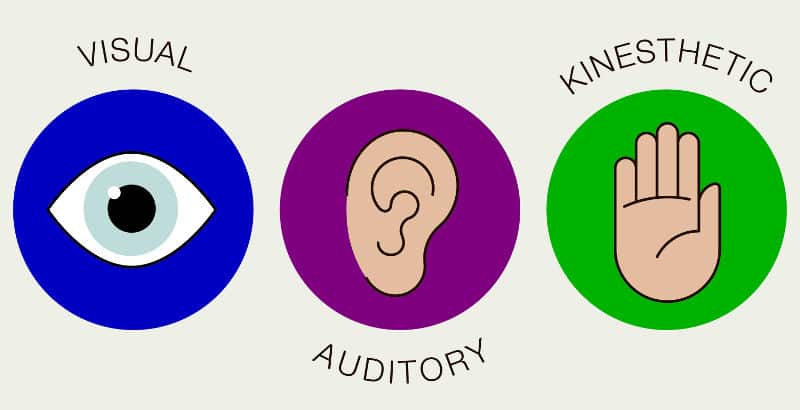
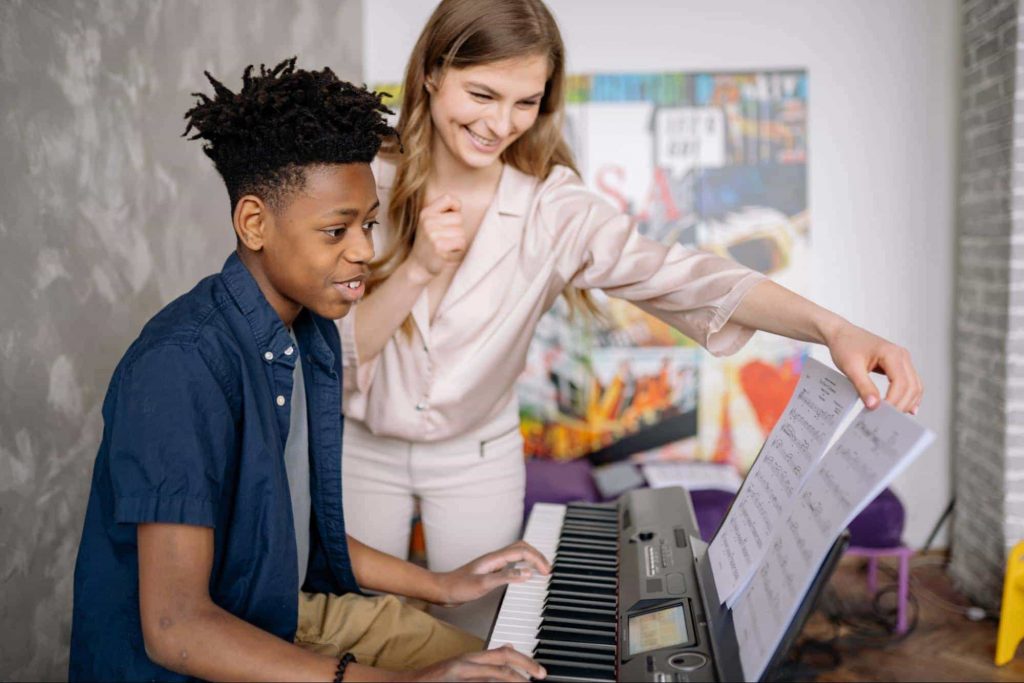
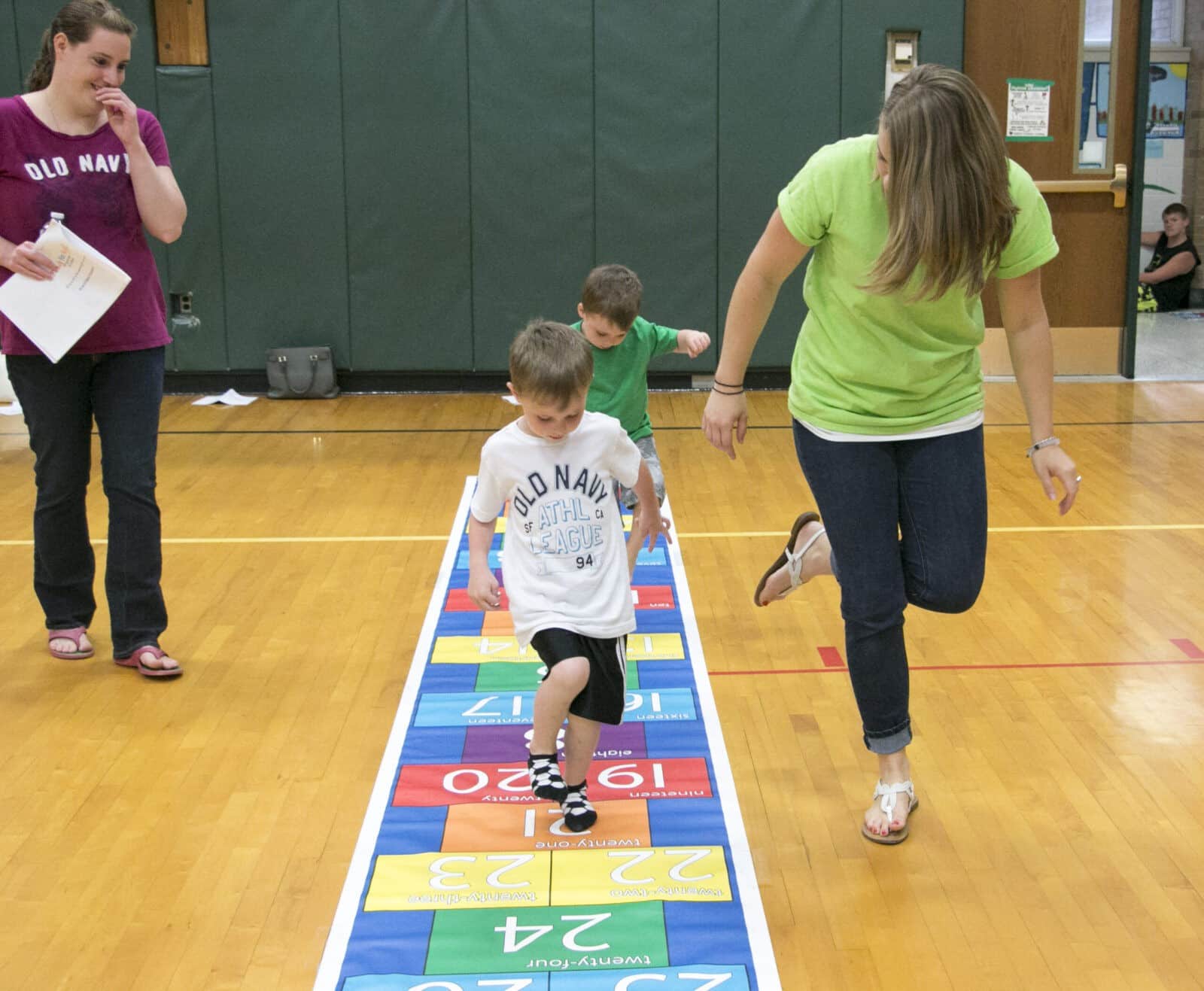
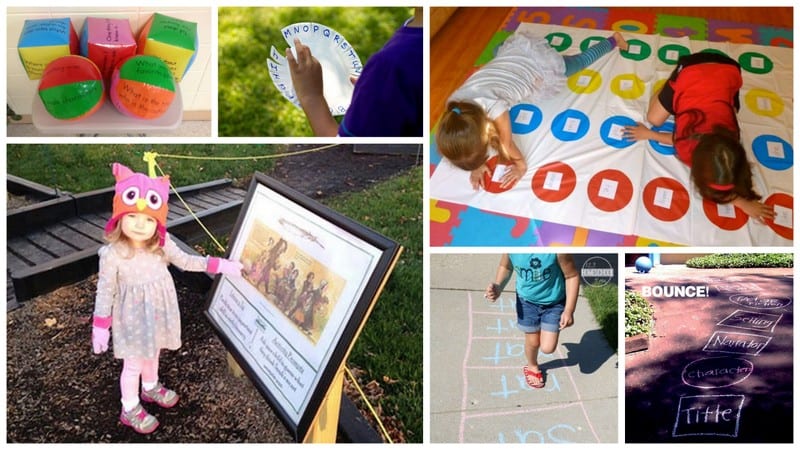

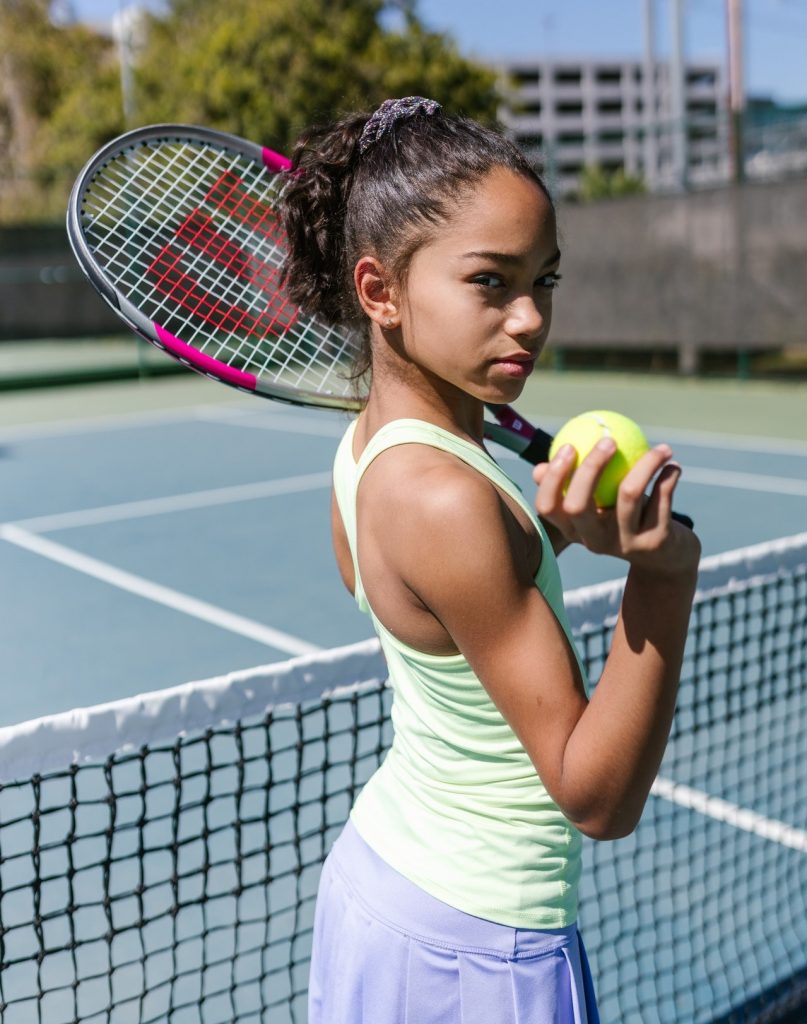



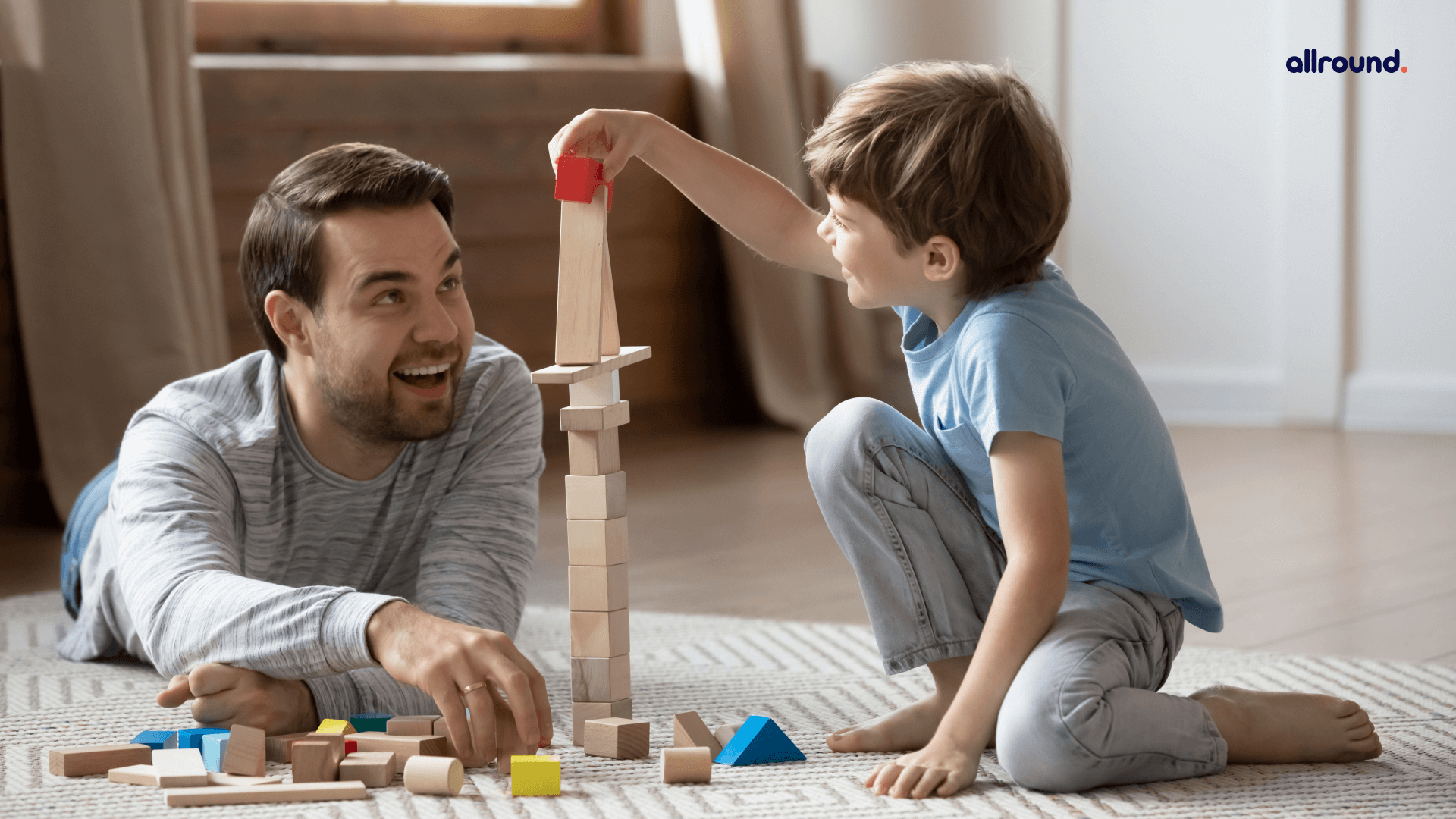
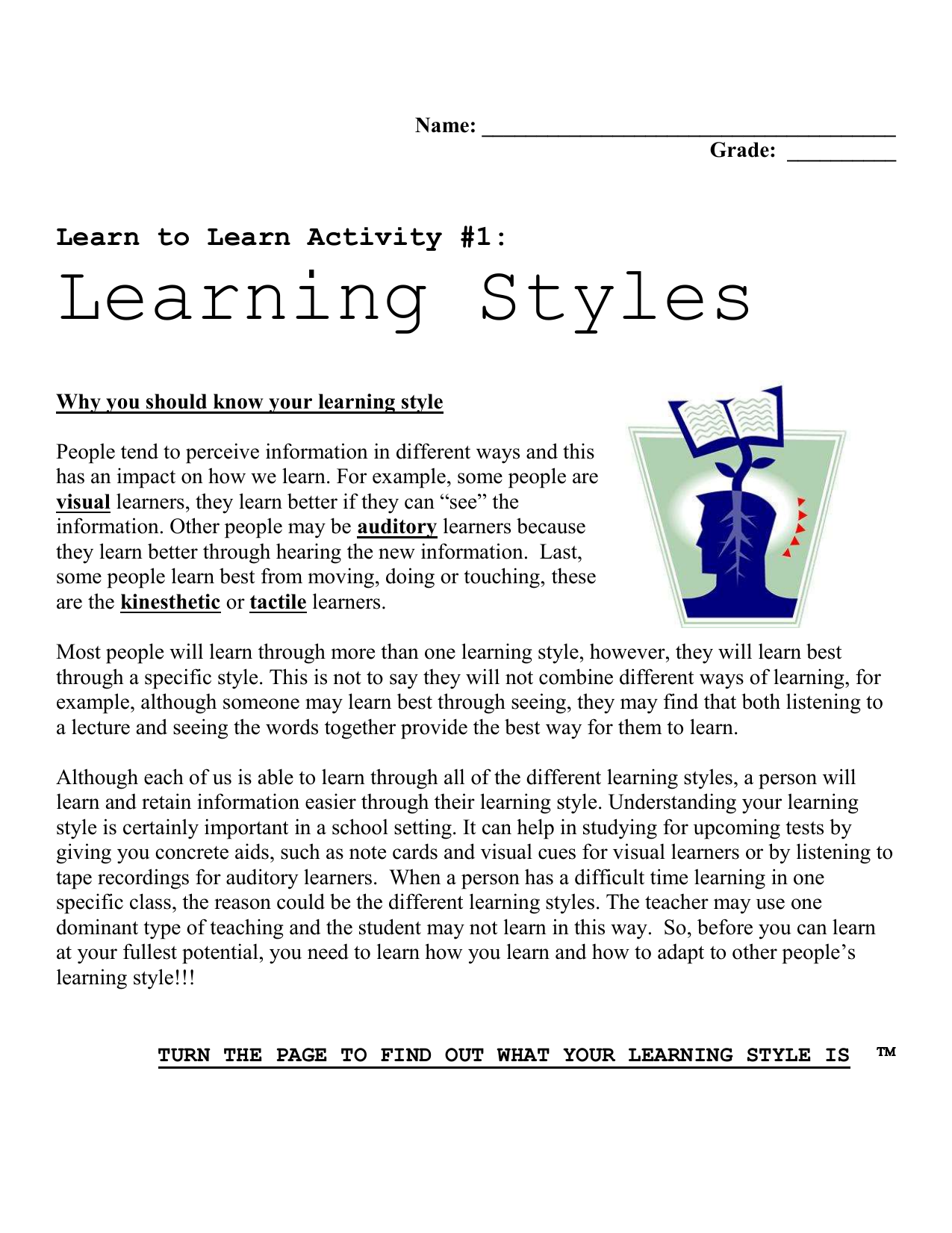






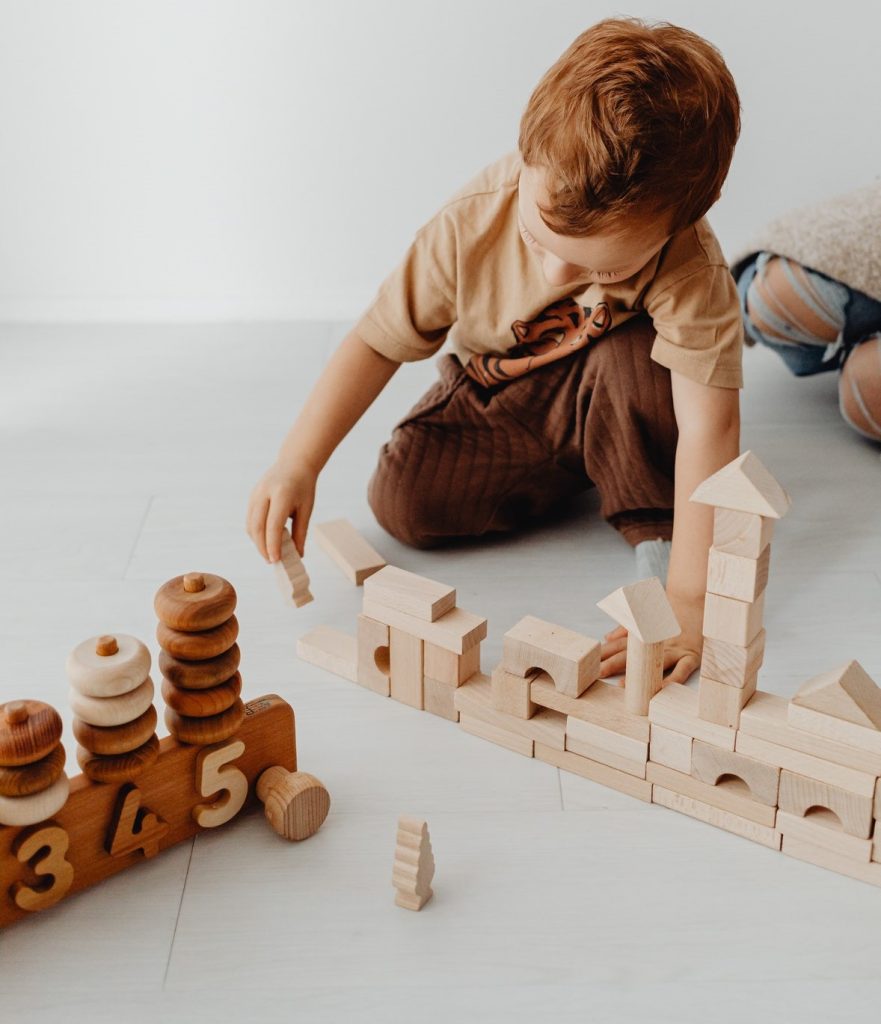
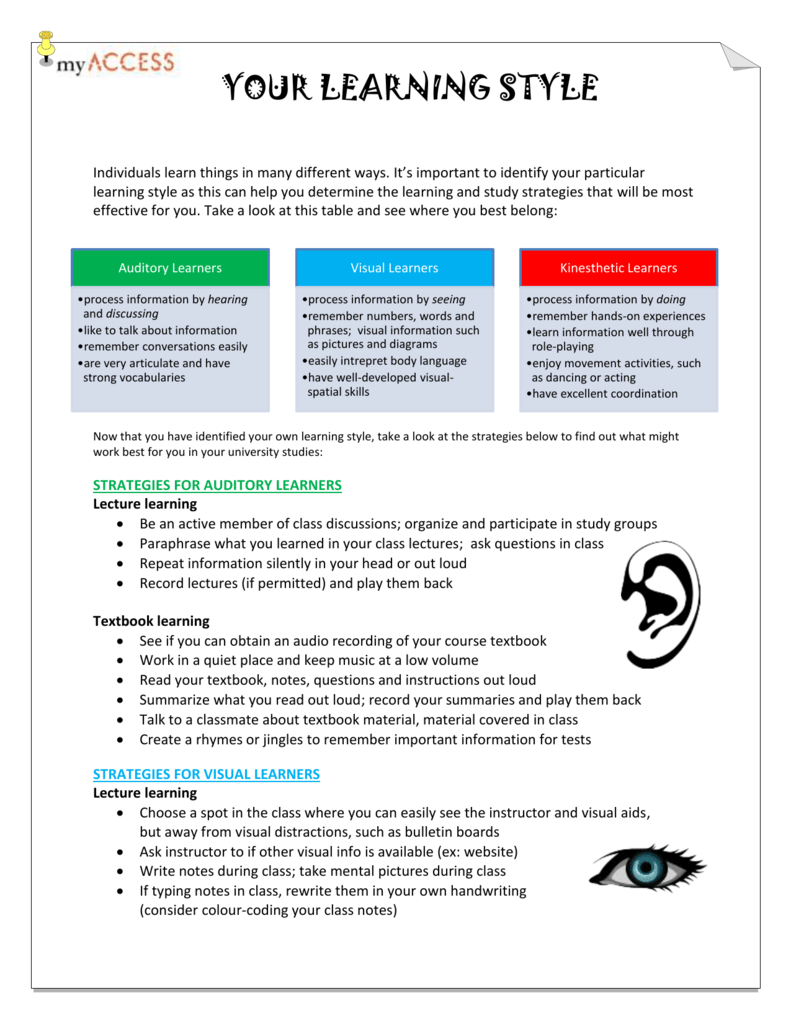
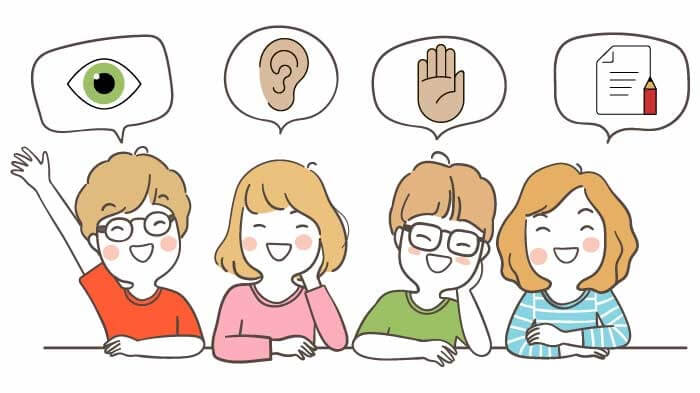
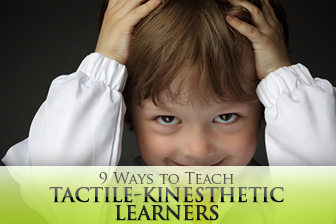
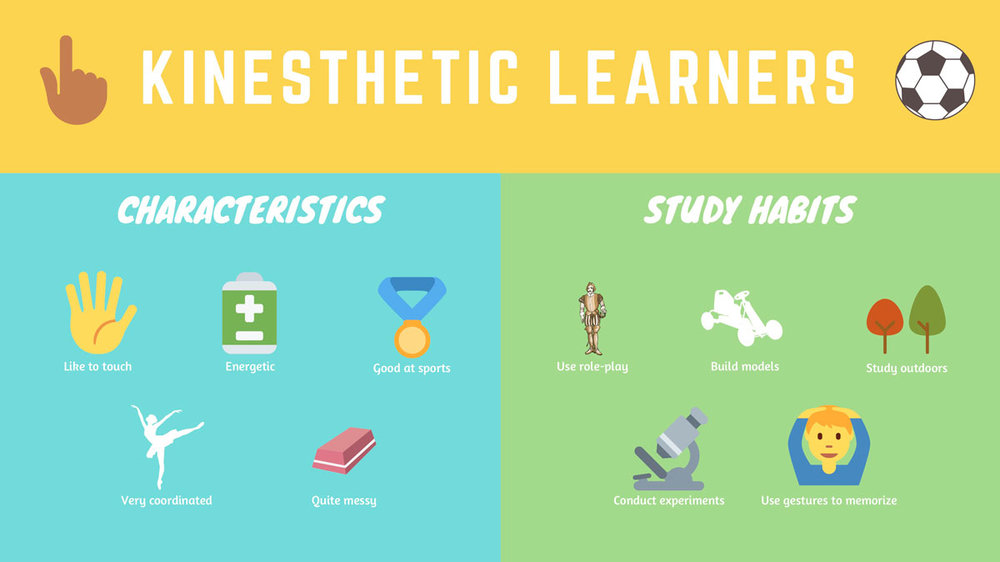
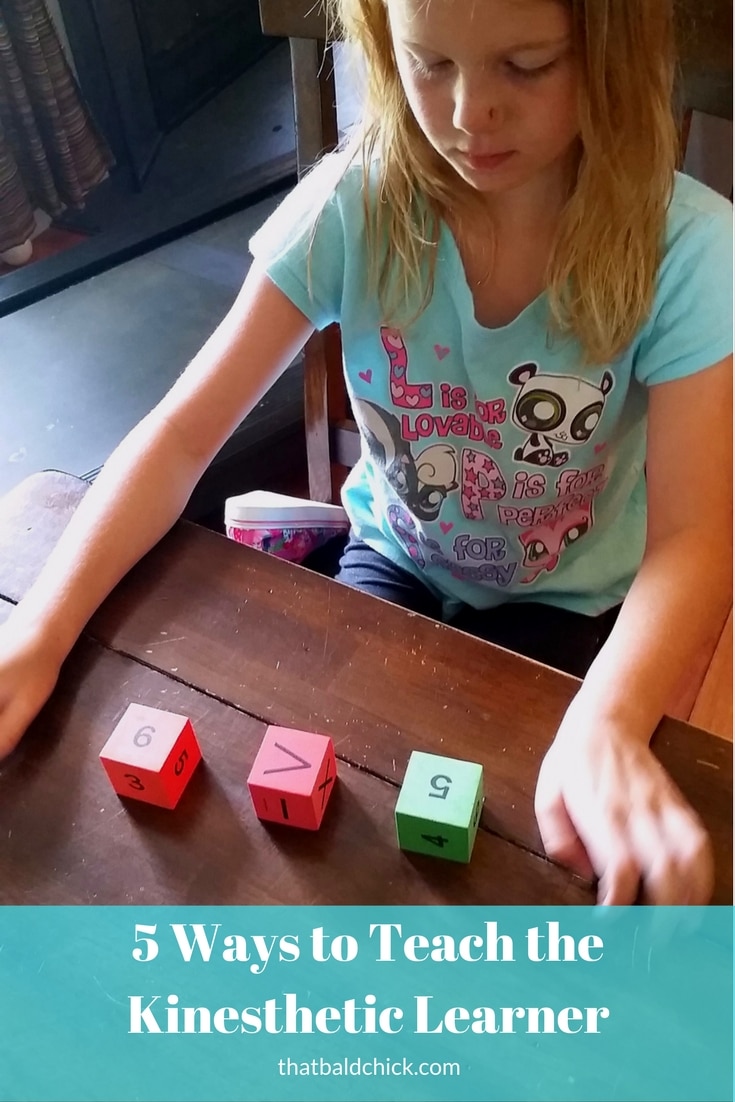

:max_bytes(150000):strip_icc()/180845308-56a59d5f5f9b58b7d0dda79c.jpg)

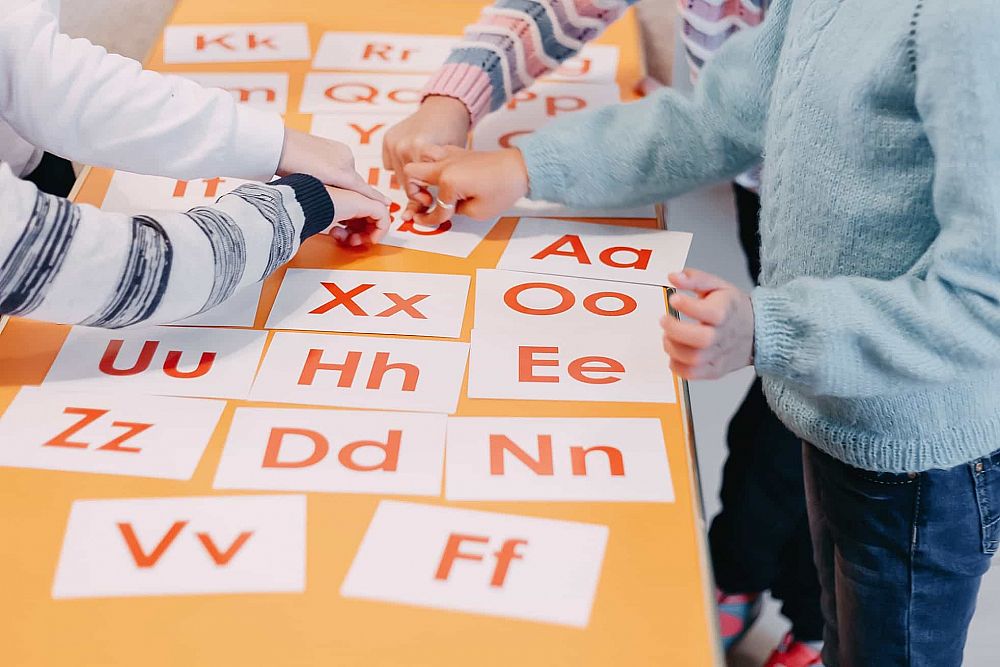


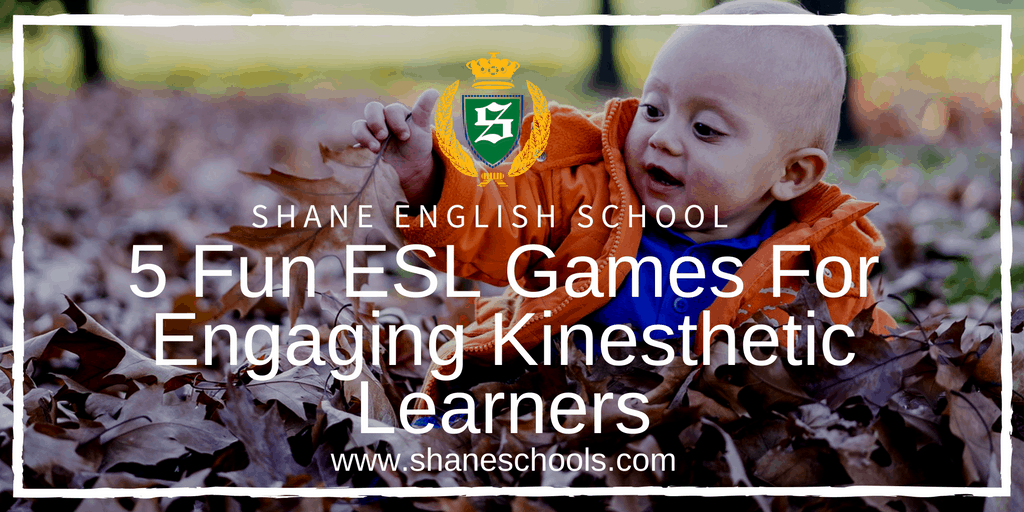


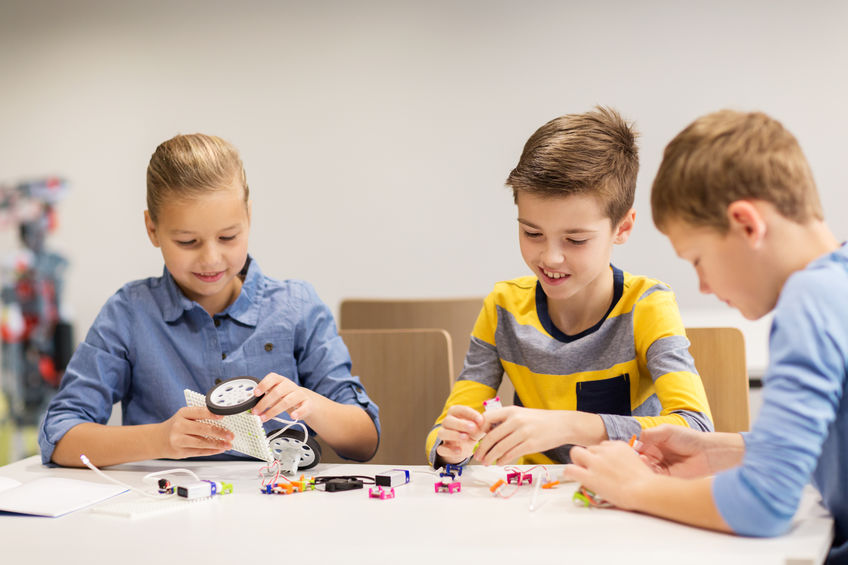
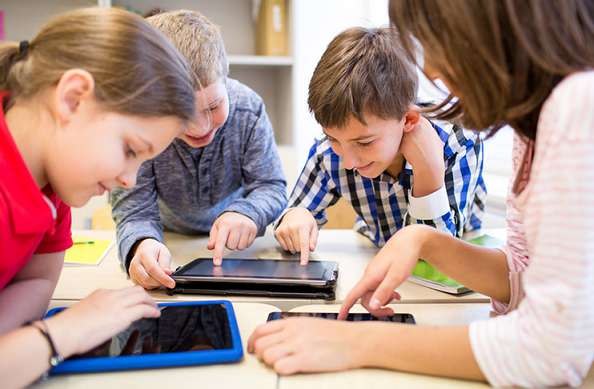

0 Response to "39 kinesthetic learners at play"
Post a Comment